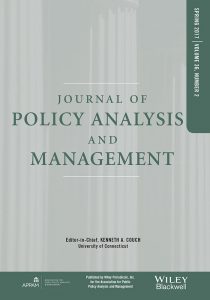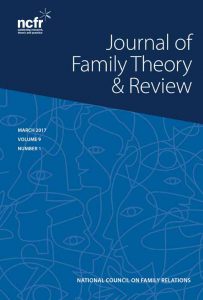Honduras' De Facto Dilemma
by christinablunt
 Last week’s news was peppered with the conferral and withdrawal of political support around the world. Argentina’s President Cristina Fernandez lost her majority in Congress, Iran’s Guardian Council declared that Mahmoud Ahmadinejad had been re-elected despite overwhelming evidence to the contrary, Albania’s election was too close to call, and Minnesota’s Supreme Court finally declared a winner in the state’s Senate election by a mere 312 votes. But perhaps most notably, a military coup occurred in Honduras after President Manuel Zelaya tried to organize an unconstitutional referendum to allow himself a second term. According to the Guardian, Zelaya was detained by the military shortly before the vote was set to take place. He was then taken to an air force base outside the capital, Tegucigalpa, and flown into exile. While it was not immediately clear who was in control of the government the military appeared to be taking the lead until the head of Congress was sworn in as president, pending an election in November. It has been reported that the army acted with the support of both the Congress and the Supreme Court. The Organization of American States, the United States, and the European Union as well as Fidel Castro and Hugo Chavez have all put their support behind Zelaya and his reinstatement. The Honduran coup d’etat raises questions of political legitimacy of the new and the old regime as well as the effect that the international community has on such claims.
Last week’s news was peppered with the conferral and withdrawal of political support around the world. Argentina’s President Cristina Fernandez lost her majority in Congress, Iran’s Guardian Council declared that Mahmoud Ahmadinejad had been re-elected despite overwhelming evidence to the contrary, Albania’s election was too close to call, and Minnesota’s Supreme Court finally declared a winner in the state’s Senate election by a mere 312 votes. But perhaps most notably, a military coup occurred in Honduras after President Manuel Zelaya tried to organize an unconstitutional referendum to allow himself a second term. According to the Guardian, Zelaya was detained by the military shortly before the vote was set to take place. He was then taken to an air force base outside the capital, Tegucigalpa, and flown into exile. While it was not immediately clear who was in control of the government the military appeared to be taking the lead until the head of Congress was sworn in as president, pending an election in November. It has been reported that the army acted with the support of both the Congress and the Supreme Court. The Organization of American States, the United States, and the European Union as well as Fidel Castro and Hugo Chavez have all put their support behind Zelaya and his reinstatement. The Honduran coup d’etat raises questions of political legitimacy of the new and the old regime as well as the effect that the international community has on such claims.
The study of legitimacy for political sociologists begins with the work of Weber who asserted that where there is recognized legitimacy, the demands of the government would be followed. David Beetham has taken a critical look at how this assumption relates to modern and post-modern governments and introduced a few new tools of analysis for the contemporary social observer. Beetham contends that the actions of a ruling party do not follow the recognition of its legitimacy but rather the two must work simultaneously. Legitimacy is constructed from rules, justifications, and societal beliefs. He maintains that legitimacy is comprised of legality, normative justifiability and legitimation working in tandem. The absence of one element will negate the whole. Beetham also cites the most extreme example of illegitimacy as a coup d’etat. Despite the Honduran actors’ attempt to hide behind both Congress and the Supreme Court, a coup it remains. However, in this case, the attempt to pass an illegal referendum would also negate the government’s rightful use of power based on the first of Beetham’s criteria. To complicate matters further, while in a liberal democracy the source of political authority lies with the people and popular authorization through the electorate, the requirement of international recognition of legitimacy has been an accepted norm for the past 20 years. With a very diverse coalition of global actors unlikely to recognize the power shift as rightful, Hondurans seem to be left with a government that is de facto and little more.


















1756-2589/asset/NCFR_RGB_small_file.jpg?v=1&s=0570a4c814cd63cfaec3c1e57a93f3eed5886c15)
What an interesting post on liberal democracy and electoral choice. A news report I heard yesterday suggested that Hondurans are confused about who to support, which also corroborates the lack of legitimacy, seemingly for the coup and the referendum. Contested legitimacy is becoming an important political topic, locally and globally. Thanks for a great post!
Keri